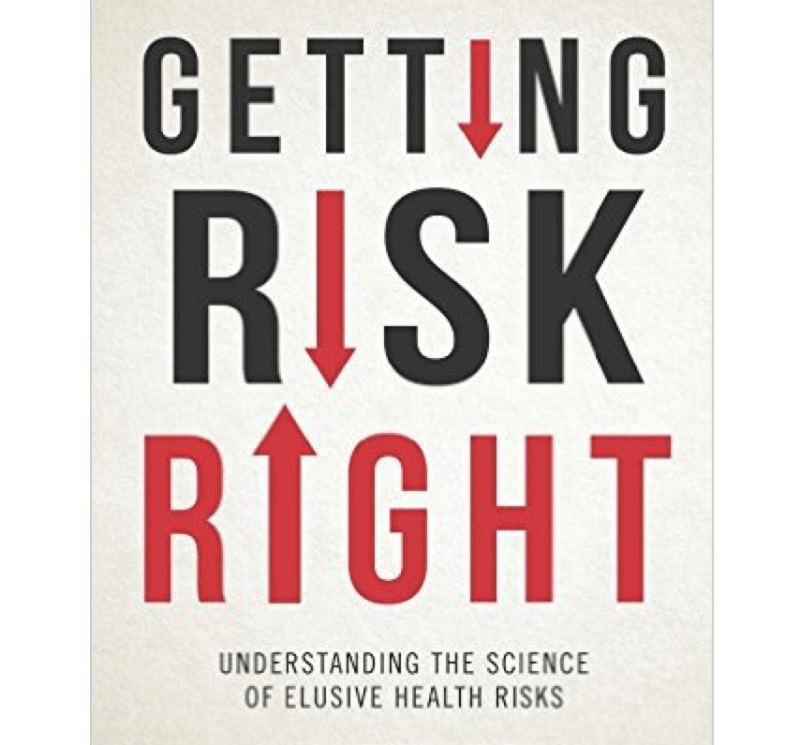Why do things that are unlikely to harm us get the most attention?
Dr. Geoffrey Kabat, a cancer epidemiologist at the Albert Einstein College of Medicine in New York, makes his point quite clearly—that Americans, often through no fault of their own, are doing a poor job of assessing risk. We overreact to miniscule or theoretical risks, under react to real ones, and end up making poor decisions as a result.
…
[Dr. Kabat’s] second chapter…[examines] the different approaches elicited by comparing BPA, a ubiquitous component of plastic, with the 2014 Ebola outbreak…We overreacted to both, but for different reasons.…
Neither [BPA nor Ebola] is likely to do us much harm in the US. But something else is—flu, which causes tens of thousands of deaths per year, many of which could be avoided by an annual flu vaccine. Flu represents a case of a known, serious threat, yet people routinely fail to get the vaccine, while worrying about the tiny amount of BPA in food can liners.
Kabat applies similar logic and reasoning to debunk other common, but unfounded fears, such as the cell phone-brain cancer link, the assault on our endocrine systems from everyday trace chemicals, and the pervasive, but entirely incorrect “natural equals safe” mindset.
The GLP aggregated and excerpted this blog/article to reflect the diversity of news, opinion, and analysis. Read full, original post: Review: ‘Getting Risk Right,’ By Dr. Geoffrey Kabat































